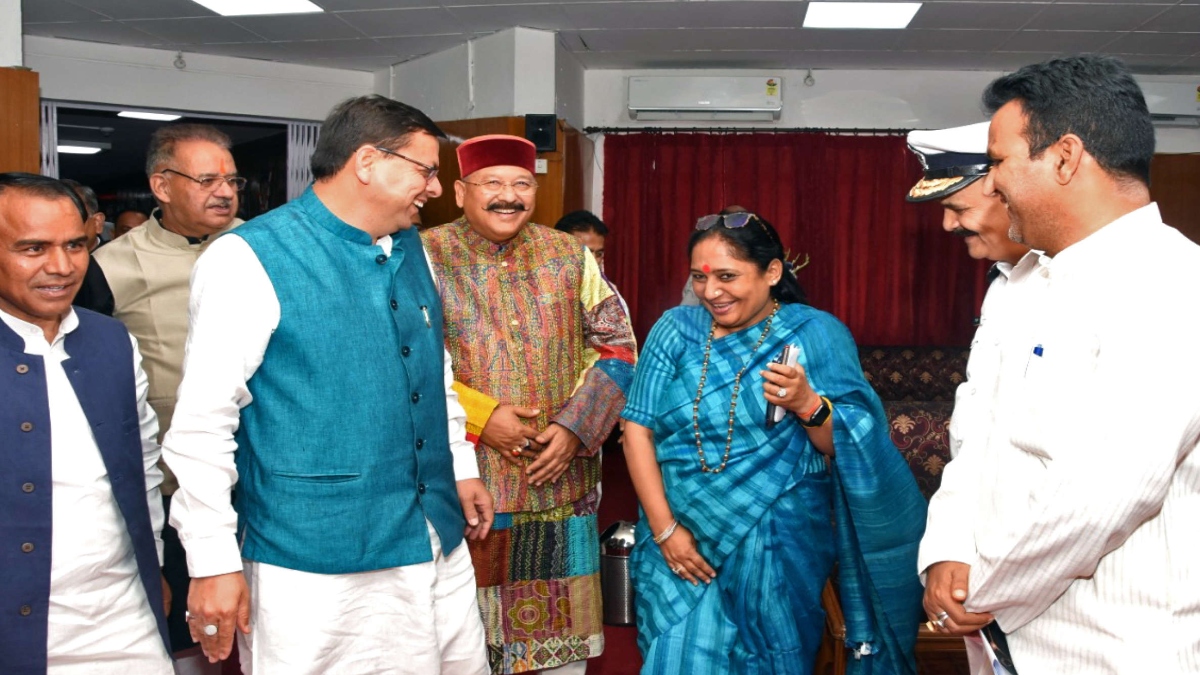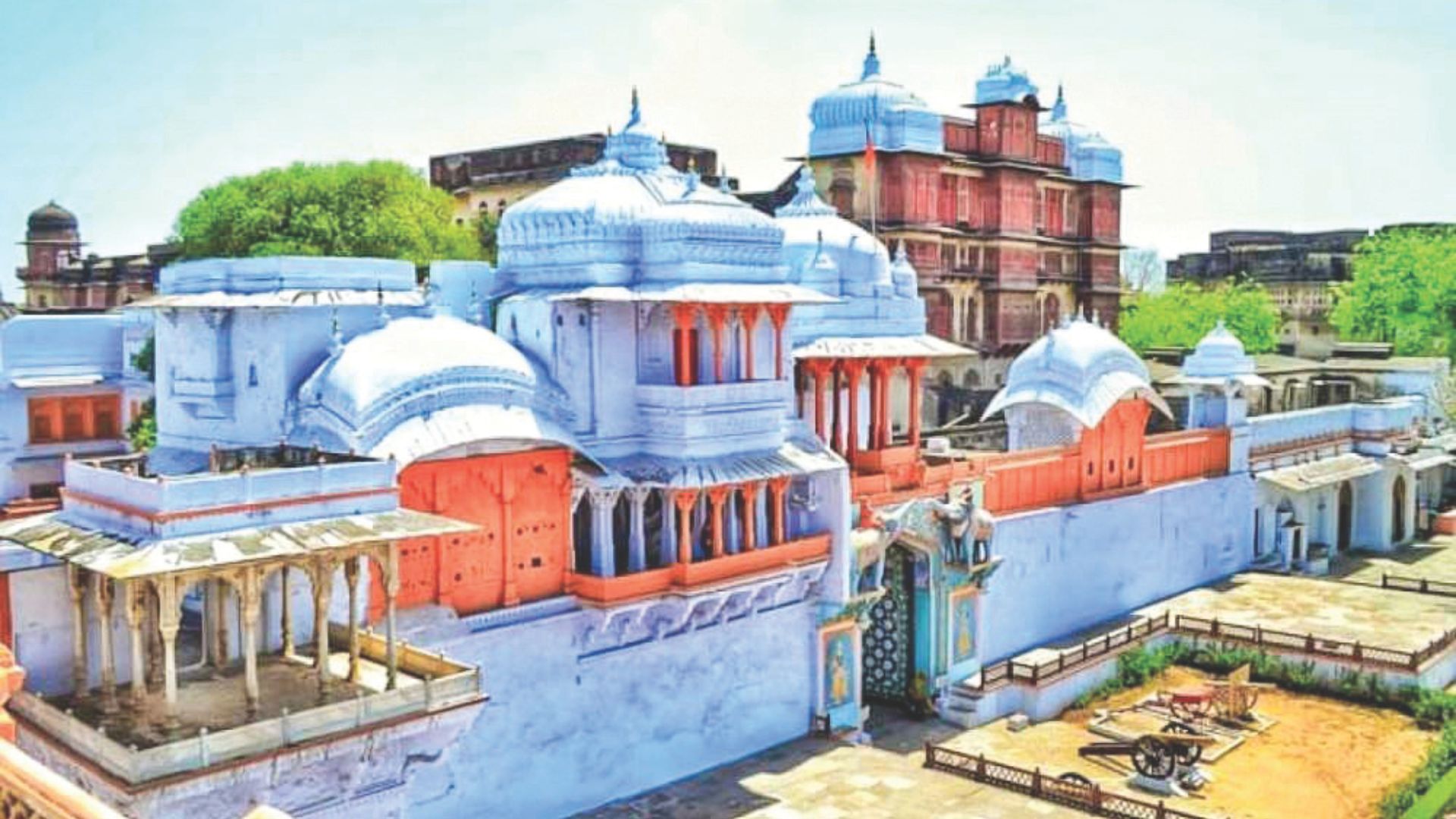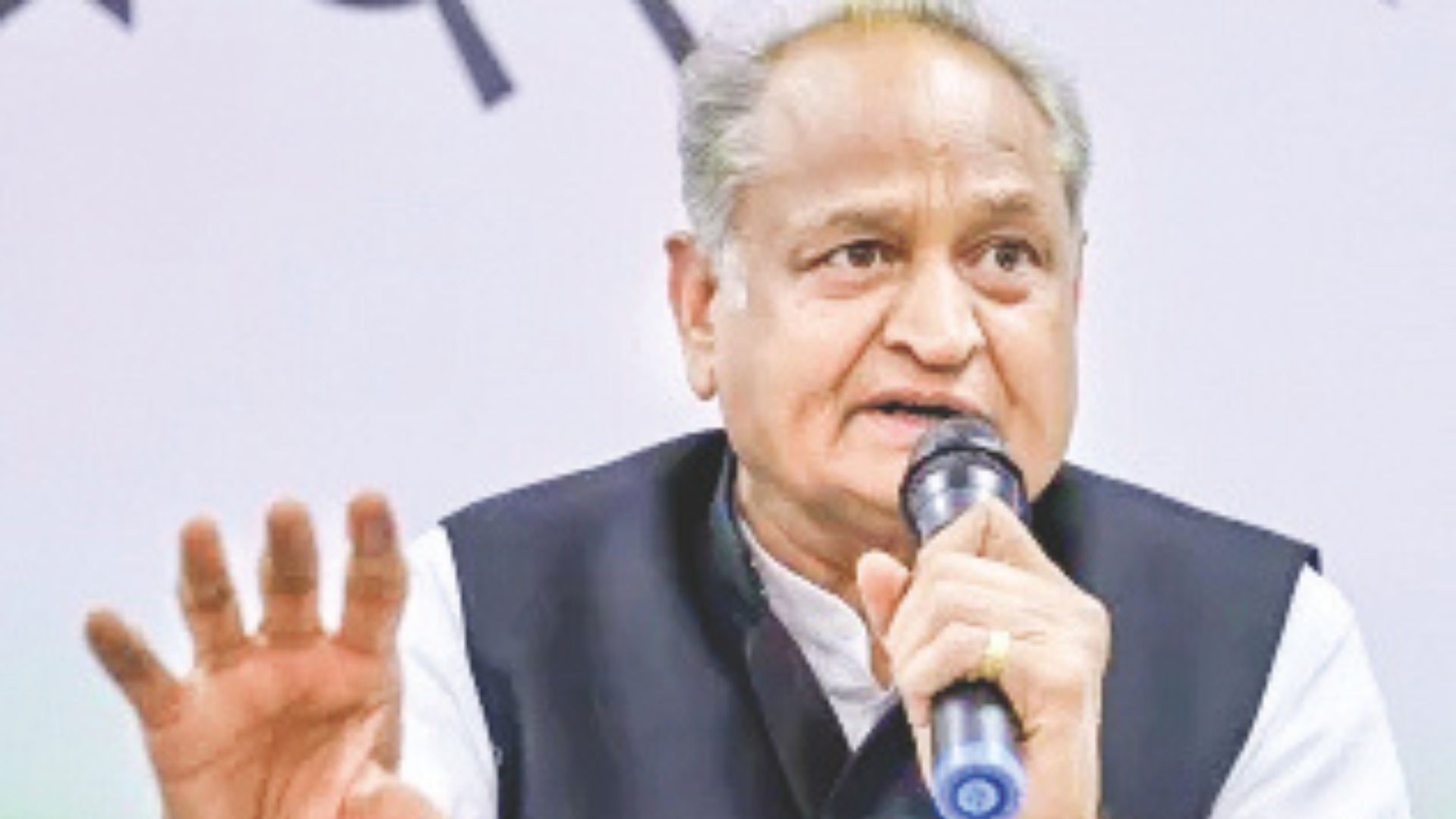
The state of Uttarakhand, blithely the UK, has been a trendsetter in many ways. Young and affable Pushkar Singh Dhami, who lost his seat but led the BJP to victory, has been sworn in as the new CM. Another pleasant surprise has been the election of the first woman Speaker in Uttarakhand. It’s a happy augury that in the male-dominated politics, despite all eulogies to ‘matrishakti’ and the rhetoric of ‘gender justice’, the Uttarakhand Assembly, with bare eight women MLAs out of seventy (5.6%), has elected unanimously Ritu Khanduri, a second time MLA, as the Speaker.
The Speaker is the symbol of the authority and dignity of the legislature and the custodian of the rights and privileges of the members. Ritu Khanduri has solemnly affirmed that she will adhere to the highest standards of parliamentary practices and conventions and raise the benchmark higher. The duties of the Speaker are many and challenging. As presiding officer, the Speaker has to ensure that the business of the Assembly is conducted smoothly, and, in an orderly manner. This is possible if adequate opportunities are given to the members of all sides, with special consideration to the opposition. I recollect once there was a simmering discontent against Speaker Shivraj Patil in the Congress legislature party as they complained that the Speaker allowed disproportionately more time to the opposition. Shivraj Patil made it known to the Congress high command that as Speaker he was duty-bound to accommodate the opposition to uphold the neutrality of his office and the matter got buried there. Hukum Singh, the third Speaker of Lok Sabha, recalled at a function organized to mark the Diamond Jubilee of the Lok Sabha secretariat how he heard the opposition view overlooking objections from the treasury benches. As guardian of the rights and privileges of the House, its Committees and the members, the Speaker must display complete neutrality, impartiality, and independence. Once elected to the august office, the Speaker shuns active party politics as (s)he belongs to all sides of the House or none. He is the voice of the House-their speaker and has ‘neither eyes to see, nor tongue to speak, except as the House is pleased to direct him’, as Lenthall, the Speaker of the House of Commons famously said, way back in 1642 when King Charles stormed the House of Commons with a view to arresting five members for treason. The evolution of the office of Speaker is closely interlinked and intertwined with the growth of parliamentary democracy. Its origin is traced to early fourteenth century in the United Kingdom. The office of Speaker is a high constitutional office and the very symbol of a robust representative democracy.
Under our Constitution and the Rules of Procedure and Conduct of Business of the legislature, the duties of the Speaker are many and often onerous. The Tenth Schedule to the Constitution confers the power on the Speaker to disqualify a member on ground of defection. As presiding officer, the Speaker has inherent regulatory powers to maintain order and decorum in the House, to give rulings, and make observations that ought not to be assailed inside or outside the House, such being the faith in his neutrality. The admissibility or otherwise of all notices given by the members is decided by the Speaker as per rules of procedure and conduct of the business of the House which vest enormous discretion in him. Neutrality and impartiality are the hallmarks of his office. Besides, the Speaker has outreach functions to foster wider conversations and engagement of the legislature with ‘the people’ -the members are elected to serve. The catalogue of the attributes of an ideal Speaker is long and demanding. Palmerston, the British prime minister in the nineteenth century asked the editor of The Times, London to list the essential qualifications for speakership. The editor listed them thus: “Imperturbable, good temper, tact, patience, and urbanity; a previous legal training-if possible, absence of bitter partisanship in his previous career, the possession of innate gentlemanly feelings which involuntarily command respect and deference; and personal dignity in voice and manner.” It’s a tall order! However, Speakers like G.V. Mavalankar, Sardar Hukum Singh, N. Neelam Sanjeeva Reddy, K.S. Hedge, Rabi Ray, Shivraj Patil, and Somnath Chatterjee, to wit a few, displayed remarkable neutrality, independence, and objectivity and commanded immense respect. A Speaker who displays these common qualities to a rare degree rises in the esteem of the parliamentarians and the public, and hold a hallowed position in parliamentary annals. Notably, a hymn in the Yajurveda says, “Salutations to the Assembled and salutations to the President.” An Assembly, before starting transaction of business must have its Sabhapati or the Speaker. The Constitution, therefore, enjoins that every Legislative Assembly shall, as soon as may be, choose two members of the Assembly as Speaker and Dy Speaker.
Ritu Khanduri, reared and fostered in strict discipline, (being the daughter of General (Rtd.) B.C. Khanduri) and endowed with good temper, urbanity, the dignity of voice and bearing, would expectedly display neutrality and nonpartisanship in her rulings and decisions, a commitment she held out on assuming the office of the Speaker. When she says, ‘Order, Order’, may there be order in the tempestuous disorderly Assembly. When members raise ‘a point of order’, may her rulings and observations and her finesse of conduct quell any doubts or misgivings. It’s a matter of grave worry that our state Assemblies hold too few sittings and transact still lesser business due to frequent uproars and politics of obstruction. So much is spent on the conduct of elections, on the establishment of the Assembly, and on the salaries and pension of the legislatures, yet the sittings are abysmally few and far between.
Debates and discussions are critically essential for the health and vigour of democracy. According to the oft reiterated resolutions of the presiding officers (POs) conferences of India, smaller assemblies should hold a minimum of sixty sittings and bigger assemblies and Parliament hundred sittings in a year with a view to securing accountability of the executive to the legislature- the cornerstone of our republican Constitution. The POs at their conference at Jaipur in 2011 recommended amendment to Articles 85 and 174 to make it mandatory. On average, the Lok Sabha meets for seventy-nine days a year. The State Assemblies fare worse as they hold fewer sitting and transact and approve government business. Valuable time is lost in uproars and obstructions and forced adjournments. It’s of course for the Union Government which would, given its successful resolve of constructing a new parliament building, hopefully, bring out such an amendment as a lasting contribution to the strengthening of the edifice of our parliamentary democracy.
The author is ex Addl Secretary, Lok Sabha and a member of Delhi Bar Council. Views expressed are individual.
Ritu Khanduri, reared and fostered in strict discipline, —being the daughter of General (Rtd.) B.C. Khanduri— and endowed with good temper, urbanity, the dignity of voice and bearing, would expectedly display neutrality and nonpartisanship in her rulings and decisions, a commitment she held out on assuming the office of the Speaker. When she says, ‘Order, Order’, may there be order in the tempestuous disorderly Assembly. When members raise ‘a point of order’, may her rulings and observations and her finesse of conduct quell any doubts or misgivings. It’s a matter of grave worry that our state Assemblies hold too few sittings and transact still lesser business due to frequent uproars and politics of obstruction.















